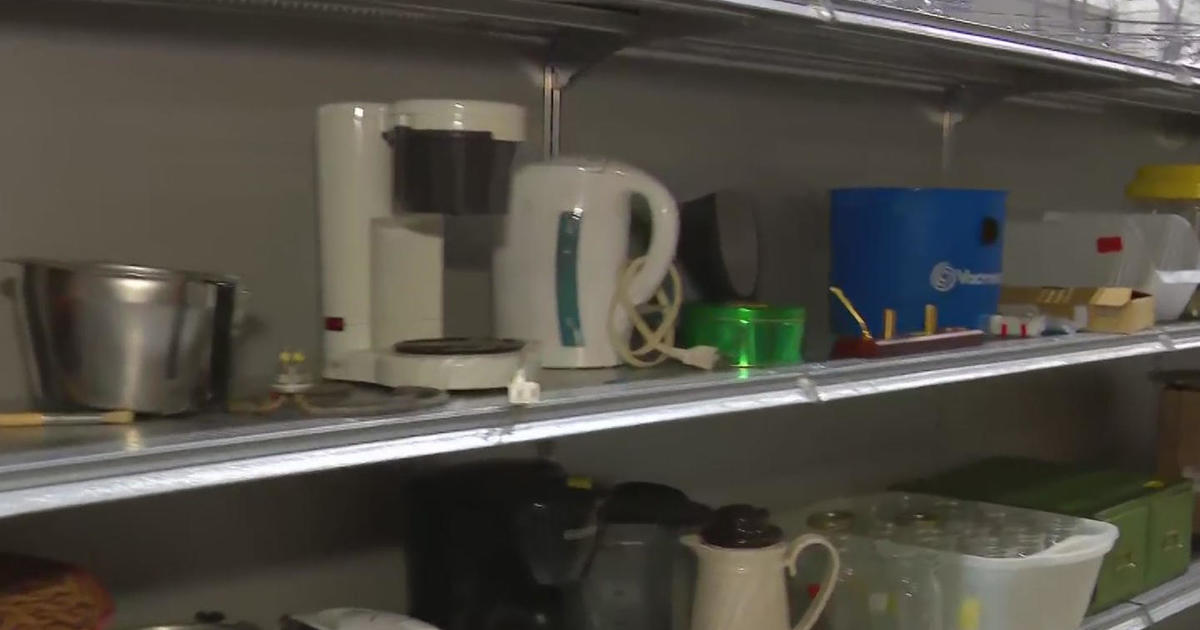Fairgoers Cope With Record-Setting Heat
FALCON HEIGHTS, Minn. (WCCO) - Extreme heat is the most dangerous type of weather, causing more fatalities than flooding, lightning, hurricanes and tornadoes combined.
Appropriately, fairgoers are taking Monday's 102 degree heat index seriously while still having fun. On a second day of record-breaking heat and oppressive humidity, folks arrived to the Minnesota State Fair with water in hand, armed with a plan to stay cool.
For members of the Jefferson High School marching band, beating the heat began days in advance when musicians began getting used to consuming lots of water.
While some guests prepare to march in the mid 90s, others are stifling the summer sizzle fashion by enjoying cold beers at booths like O'Gara's. But while a cold brew may be refreshing, the best way to keep cool when the heat index hits 105 is to drink plenty of water.
There are 40 spots for fairgoers to fill a water bottle, not including vendors like Culligan – who say they are going through at least 1,000 gallons of water a day.
With the extreme heat to continue Tuesday, fairgoers are serious about staying safe while having a scorching good time.
R.J. Frascone, medical director of Regions Hospital's Emergency Medical Services, also heads up two facilities on the Minnesota State Fairgrounds. He says dehydration is the most common heat-related aliment amongst fairgoers.
State Fair Heat
"Older folks tend to be more vulnerable sometimes they are on medications," Frascone said.
People filled the chairs inside the medical building, which is air conditioned. He says they give people water and ice packs, and they're usually good to go in about 20 minutes or so.
"Remain hydrated," he said. "When you feel tired, sit down and sit in the shade."
Just this weekend, 131 fairgoers were treated for heat-related illness and 14 were hospitalized.



